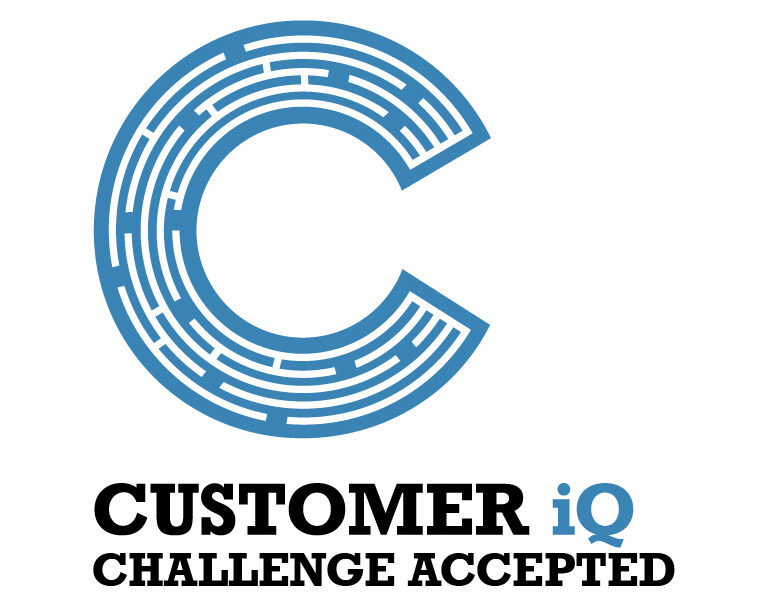This is a very general question – not easy to answer but I’ll give it a go.
The field of market research is very, very wide ranging and the needs of your business are going to be very specific, depending on the stage you’re at and what challenges you face.
Maybe some of the more common business challenges is a good place to start:
We need more sales
Classic problem faced by many businesses. In this case research can help you by:
- Really understanding your customer and target audience
The better you know and understand them, the more insight you have about how they think and what they need, the more likely you can develop offers, messaging, pricing, targeting, marketing that is relevant to them and resonates with them. Imagine research helps increase your conversion rate by just 10% – what’s that worth to your business?
Our retention rates are poor
Another very common issue faced by small and growing businesses. You spend an awful lot of time and resources in winning customers, only to find they don’t stick around, don’t offer you the anticipated customer lifetime value. In this case, research can:
- Map out your customer journey
- Gain insight into your competitors
Here, your research is looking to identify problems that need addressing. What’s your on-boarding process like? How do customers use and feel about your products and services? What’s behind the reason for them not renewing? What deals are your competitors offering to lure your customers away?
We need this product launch to succeed
If you’re a startup business then you’ll be developing a product or service and you’ll be hoping that it makes a big impact with your target customers. Here’s how research can help:
- Really understand the problem you’re trying to solve
- Assess what competitors offer, help you find your market positioning
- Test and get feedback on your prototype/MVP
- Test your launch campaign and key messaging
Depending on where you’re at with your product/service development, research can help at many different stages of the process. You may not be able to invest in research at each and every stage so make a selection on where you think research and customer insight will have the biggest return.
Do you need to do some customer discovery to really dig into the problem? Is it a real problem? How to customers feel about it? Where’s the real pain? How do they currently solve it? Are they willing to pay for a better solution?
Where are the gaps in your market? Where are the opportunities for a new product or service? How can you position yourself so you stand out in the marketplace?
If you’re further ahead and you have a prototype or MVP then getting some good quality feedback from customers will pay back huge dividends in getting the product ready for launch (example here of how a lack of product testing can be disastrous).
And, as mentioned above, research can help you develop and test your marketing materials, your key messaging and content.
It’s time to develop our brand
Investment into brand building – imho – should begin at day 1 of building a business. However, real financial investment into developing a brand strategy and brand assets may need to be done more at the point of scaling. Here research can:
- Understand how your current brand and business is perceived
- Test and help develop your brand concepts
Partnering with a branding agency or brand strategists will often raise the question of customer research and insight. It’s a vital tool that feeds into the creative process. Understanding how customers perceive and feel about your brand is often the basis for brand development. Testing brand concepts and propositions can really help ensure that when you reveal your brand new brand to the market, it doesn’t land flat on its face.
We’re scaling from early adopters to mainstream
Regardless of the sector you’re in and the kind of product you’re selling, the difference between an early adopter and an early mainstream customer can be cavernous. The expectations of early adopters of pricing, of product feature set, of ux and design can be wildly different. It’s likely to be the case that what you might ‘get away with’ with an early adopter is far less likely to be tolerated by your mainstream audience. And, of course, it’s the mainstream customers who will be the make or break for whether your business is really able to scale.
In short, you may have found pmf with your early adopters, but you’ll likely need to start again when you start scaling to more mainstream customers.
So here research can:
- Discover how your mainstream audience feels about your product and offer
- Pick up nuances between customers in different territories
- Develop a customer segmentation model to help you target your activity
What else can research do for your business?
So much! So much I made a list in a LinkedIn post. Here are 20 (or 19) things research can do for your business (in no particular order):
1. Estimate market size
2. Generate ideas for your solution
3. Co-creating concepts and propositions with customers
4. Test your idea / concept / proposition
5. Better understand the problem you’r’e solving
6. Help identify target audiences
7. Understand your audience – triggers, emotions, needs
8. Monitor your customer satisfaction / NPS
9. Generate stories for PR
10. Test and develop your marketing messages
11. Collect feedback on your product
12. Map your customer journey
13. Help you figure out your pricing strategy
14. Identify new opportunities – products, services, features
15. Monitor your brand awareness
16. Understand your brand perception
17. Capture ideas from your competitors
18. Help you position yourself in the market
19. Test and develop your brand strategy / positioning
20. POSITIVELY IMPACT YOUR BOTTOM LINE!











